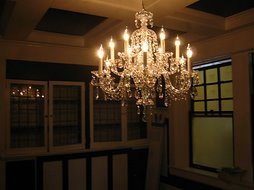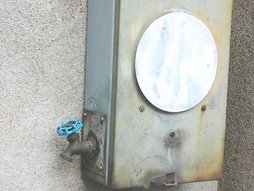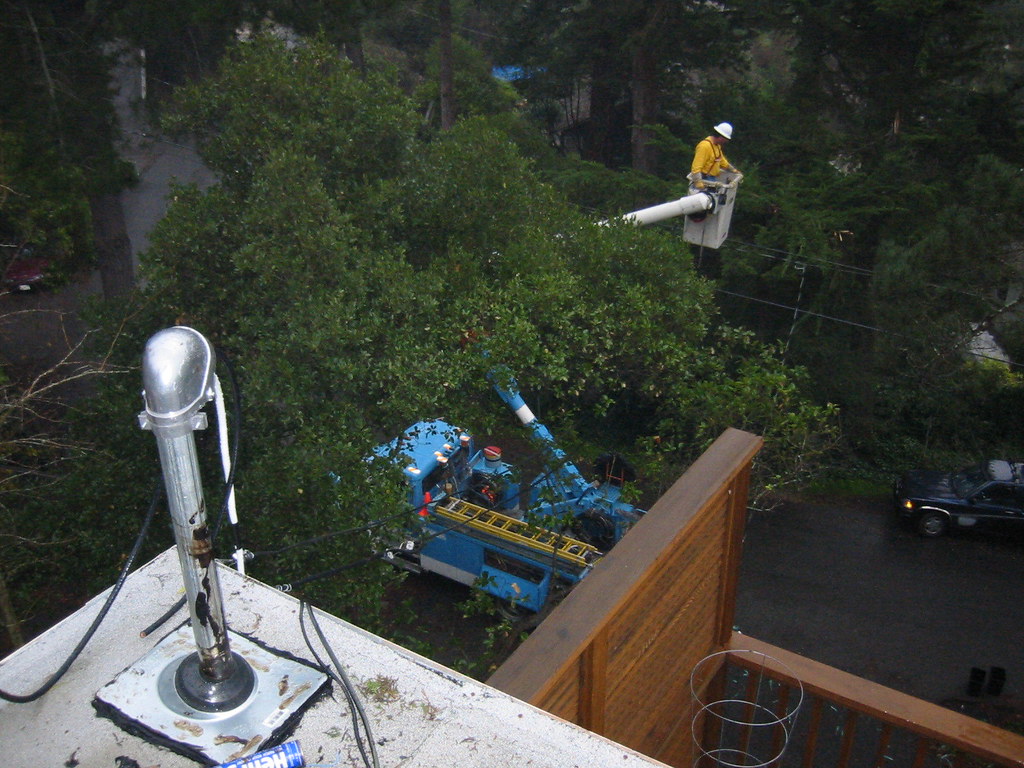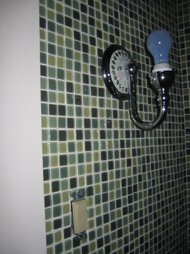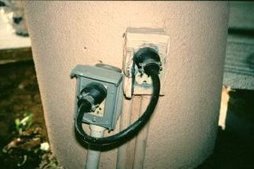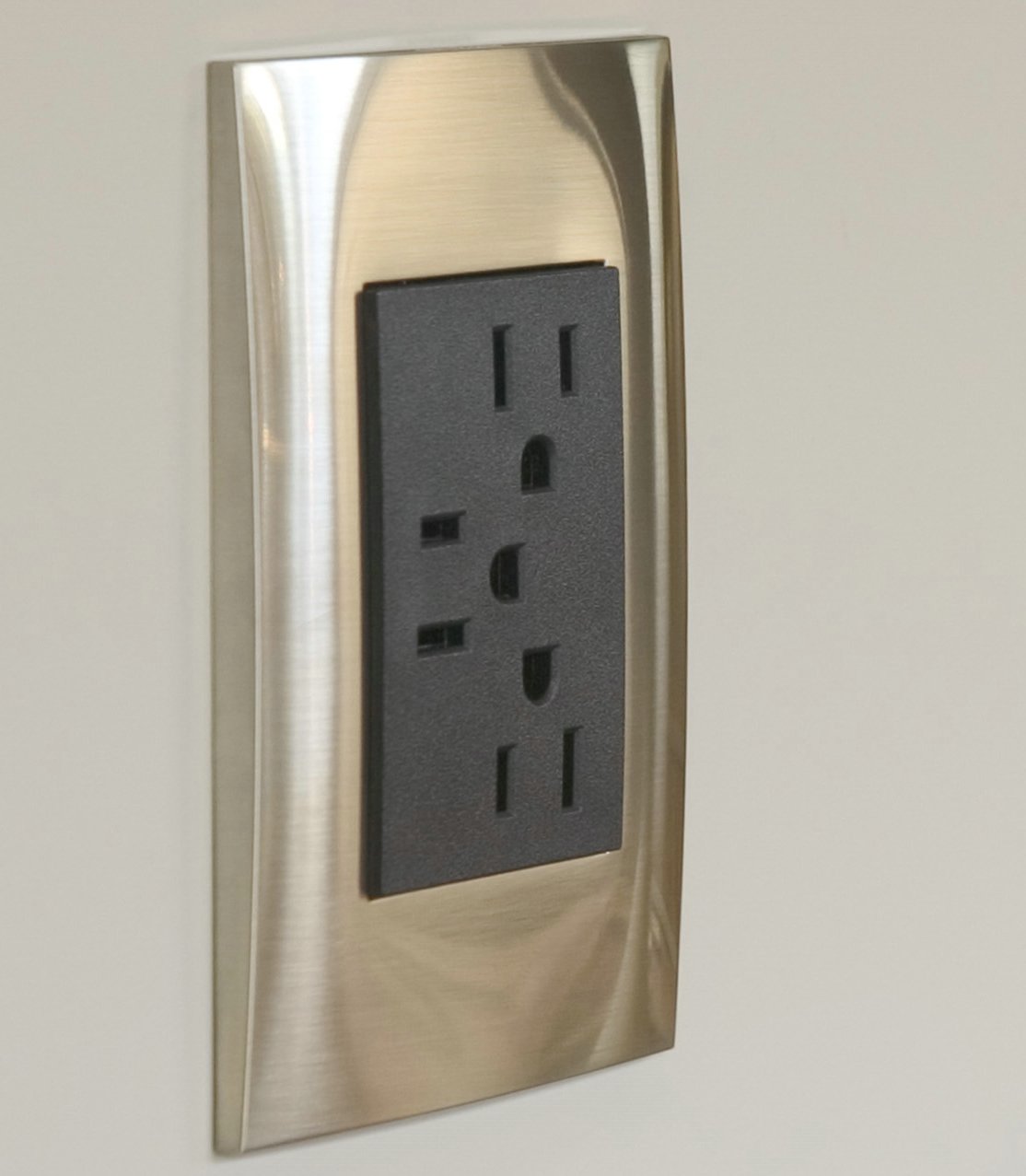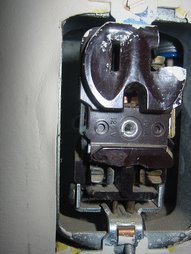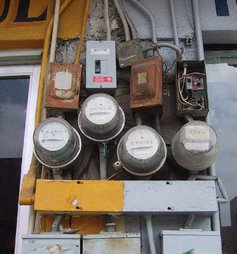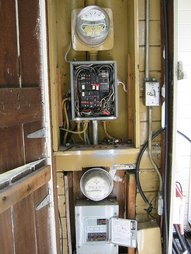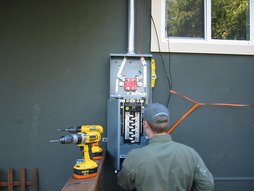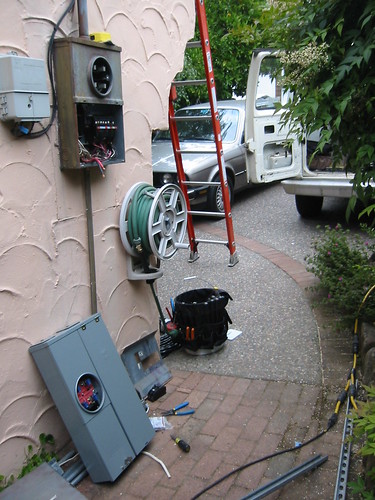Cure: replace all units w/new 10yr units-typical qnty [5]
Typical Cost: $150/ea with 8’ ceilings [normal height]

Over 93% of homes n the U. S. now have at least one smoke detector. As the number of smoke detectors in homes increased over the years, the residential fire death rate has dropped nearly 50 percent. This success story is tempered by the fact that the number of inoperable smoke detectors is growing. Experts warn that the trend to fewer fire deaths will reverse if we do not solve the problem of inoperable smoke detectors. They estimate that one in three homes have an inoperable smoke detector. Some fire departments have found units in one half of homes to be disabled.

How often and how should I clean my smoke detector?
You should clean your smoke detector every six months with the bristle attachment on your vacuum.
How often should I change the battery in my smoke detector?
You should change the battery twice a year; "Change your battery when you change your clocks" is the recommended interval.
What if my smoke detector "chirps"?

People often mistake the low-battery signal for a nuisance alarm. When the battery is getting low, smoke detectors are designed to "chirp" every minute or so while the battery still has enough power to warn you that it is about to stop working.
The "chirp" is distinctive because it is a single, very short sound that occurs every minute or so. If your smoke alarm does this intermittently, first replace the battery to see if that solves the problem. If not, then the unit needs replacement due to old age or needs cleaning.
How effective are smoke detectors?
Residential fire deaths have decreased steadily as the number of homes with smoke detectors increased. Reports from the National Fire Protection Association show that people have nearly a 50 percent better chance of surviving a fire if their home has the recommended number of smoke detectors.
When do I need to replace my smoke detector?
Smoke detectors that are 10 years old are near the end of their service life and should be replaced. Some people think that their smoke detector sits idle until smoke is present. But it is working every minute, constantly monitoring the air 24 hours a day. For example, an ionization smoke detector goes through 3.5 million monitoring cycles in 10 years. In a photoelectric smoke detector, a light operates 24 hours a day to check for smoke particles in the air. Just like any electrical appliance, the components of smoke detectors wear out over time. When a smoke alarm reaches 10 years of use, the potential of failing to detect a fire increases substantially. Replacing them after 10 years reduces the likelihood of failure.












